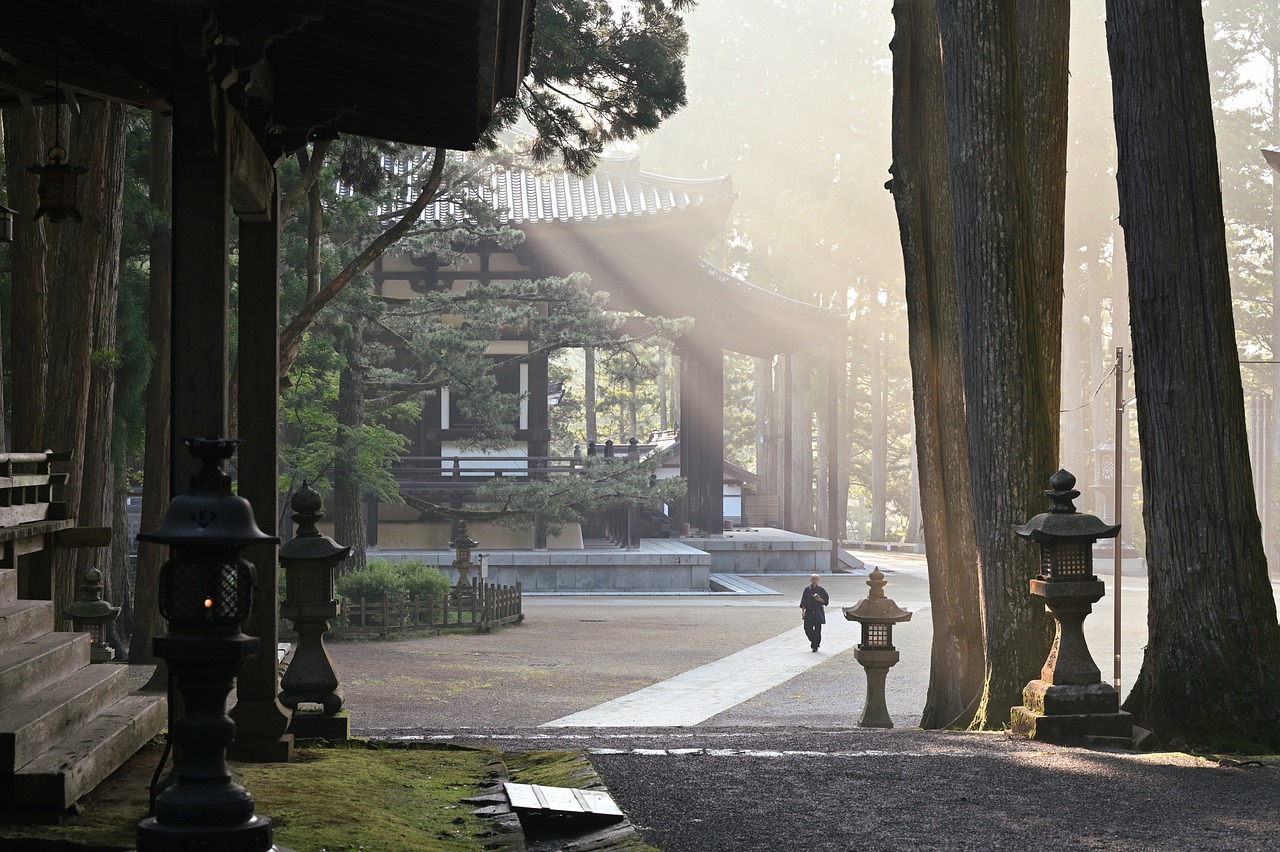In 1993, however, he began to be accused of sexual harassments against his secretary at the university. United with the high social concerns over this kind of incidents within the academic world of Japan in those days, Prof. Yano faced intensifying accusations against him from the citizens' group supporting the secretary concerned and also from a group of female teaching staff members of the same university (including a female professor of law). He was thus forced to resign from his position within the same year and retreated to the Tofukuji Temple in Kyoto as a lay trainee (Koji), probably for the sake of seeking mental peace. However, the citizens' group accusing him did not allow the ex-professor to lead such a contemplative life and thronged to the temple, demanding expulsion of the ex-professor.

Probably there was a lot of argument thereafter, but the ex-professor eventually left the temple. The subsequent course he followed is little known to us. In 1999, six years after the onset of the sexual harrassent scandal, a Japanese newspaper suddenly reported the death of Prof. Yano, University of Vienna, at a hospital in Wien. This news surprised many Japanese in two points. One point was the fact that the professor criticized extensively in Japan for his misconduct had been serving as a professor since 1996 at a university of long history at the center of Europe. The second point was that he died at a relatively young age of 63. Reading this news, a professor at a Japanese university expressed his doubt over the decision of the University of Vienna to accept ex-professor Yano as a guest professor. At the same time, not a few Japanese felt in those days that there probably prevailed criteria for judgment about personnel affairs at the University of Vienna (and perhaps at other universities in Europe) differing much from those in Japan. Although the exact reason for accepting ex-professor Yano by University of Vienna is unknown, it seems difficult to deny the professor's performance as a researcher in the field of Southeast Asian studies. Since the total number of students and teaching/managing staff of University of Vienna accounts for about 5% (ca. 100,000) of the Vienna's total population (ca. 2 millions), it will not be an exaggeration to say that assuming the office of Professor at this university can be interpeted as indicating acceptance by the City of Vienna.

How then did Prof. Yano lead the three years from 1996 to 1999 in Wien? Information available is too scant to allow reliable illustrations of his life in this cosmopolitan city. It is highly likely that the position of Prof. Yano at University of Vienna was related to the Department of East Asian Ecomonoy and Society: (ECoS). To which extent Prof. Yano was active as a researcher or teacher during this period in Wien is unknown. Did he give lectures in German, English or other languages? Did he make any field work? Did he make presentations at professional society meetings? Did he write and publish new papers? Or, was he given a honorary position without any particular duty or prescheduled activity? If you happened to contact Prof. Yano or listen to his lectures/presentations at this university or other places in those days, we will welcome your information. Information is lacking also about his early death at age 63, on which your information will be welcomed.
In any event, considering the professor's preference during living in Japan, the daily life in Wien was probably comfortable on the whole for him, here being free of annoying criticizers and able to visit spa resorts with open-minded atmospheres (Baden bei Wien, Bad Ischl and so on) in an hour or two by train. I imagine, with hope, that Prof. Yano spent his last years in this foreigner-friendly city relatively peacefully.
If Stefan Zweig were alive, he might write a biography of this researcher with big up-and-down swings.